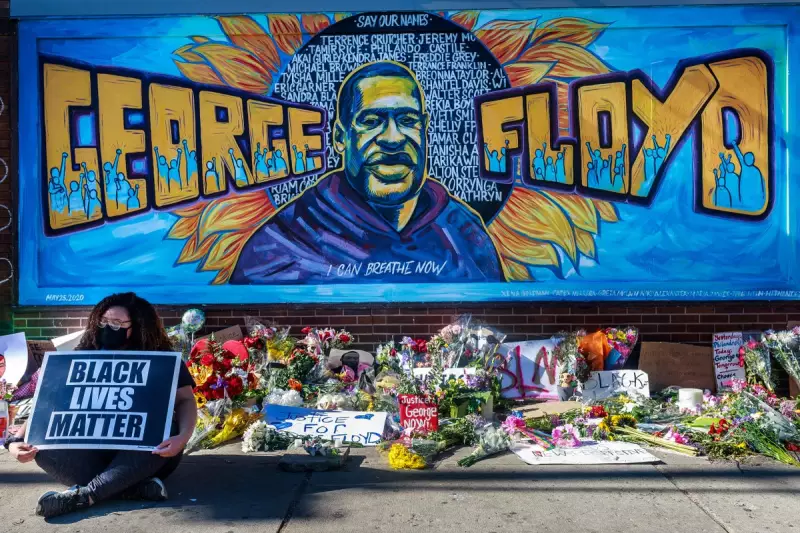
A comprehensive investigation has exposed the shocking scale and systemic nature of police brutality against Black Americans, revealing a pattern of violence and institutional failure that continues to plague the United States justice system.
The findings paint a disturbing picture of law enforcement agencies operating with widespread impunity, where excessive force and racial bias remain embedded within police culture. Despite numerous high-profile cases that have sparked global outrage and protests, the problem persists with alarming frequency.
The Human Cost of Institutional Failure
Behind the statistics are countless personal tragedies and communities torn apart by violence that often goes unpunished. Families have been devastated by losses that reveal deep structural problems within American policing, from inadequate training to systemic racial profiling.
The research demonstrates how historical patterns of discrimination have evolved into modern-day injustices, with Black Americans disproportionately experiencing police violence compared to other demographic groups.
A Culture of Impunity and Resistance to Reform
Experts point to several critical factors that perpetuate this crisis, including qualified immunity protections that shield officers from accountability, union contracts that make disciplinary action difficult, and political resistance to meaningful reform.
Body camera footage and civilian recordings have increasingly brought these incidents to public attention, yet convictions remain exceptionally rare. The gap between public outcry and institutional change continues to widen, creating a crisis of confidence in law enforcement.
The Path Toward Accountability and Change
Civil rights organizations and community activists continue to push for comprehensive reform, including revised use-of-force policies, independent oversight committees, and investment in community-based alternatives to traditional policing.
While some jurisdictions have implemented changes in response to public pressure, the investigation concludes that without nationwide commitment to addressing systemic issues, meaningful progress remains elusive. The need for transparent accountability measures and cultural transformation within police departments has never been more urgent.





